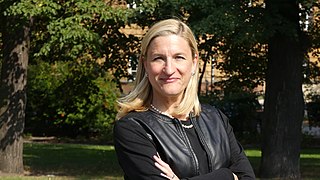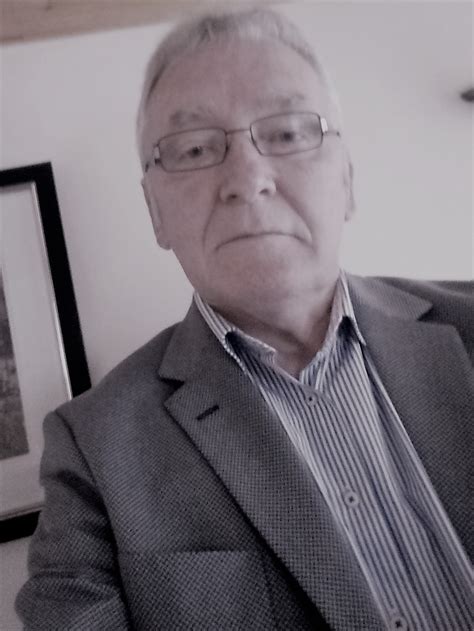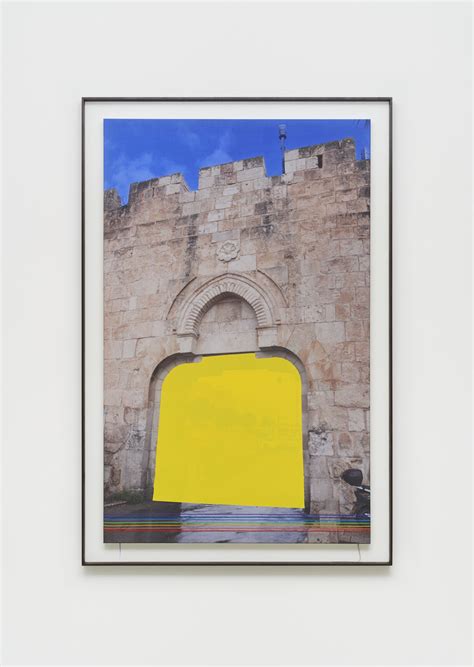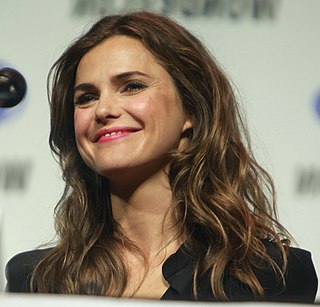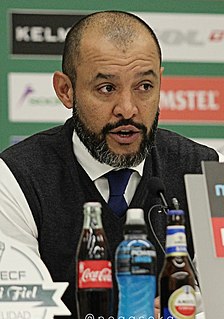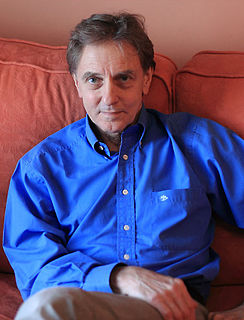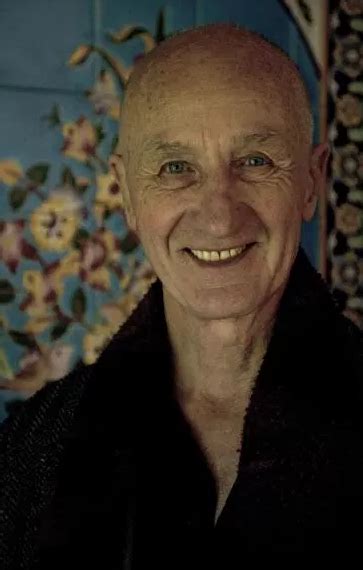A Quote by Angela Merkel
We've always had this experience that things take long, but I'm 100% convinced that our principles will in the end prevail. No one knew how the Cold War would end at the time, but it did end. This is within our living experience... I'm surprised at how fainthearted we sometimes are and how quickly we lose courage.
Related Quotes
Now at this very moment I knew that the United States was in the war, up to the neck and in to the death. So we had won after all! ... How long the war would last or in what fashion it would end no man could tell, nor did I at this moment care ... We should not be wiped out. Our history would not come to an end ... Hitler's fate was sealed. Mussolini's fate was sealed. As for the Japanese, they would be ground to a powder. All the rest was merely the proper application of overwhelming force.
But in the end, science does not provide the answers most of us require. Its story of our origins and of our end is, to say the least, unsatisfactory. To the question, "How did it all begin?", science answers, "Probably by an accident." To the question, "How will it all end?", science answers, "Probably by an accident." And to many people, the accidental life is not worth living. Moreover, the science-god has no answer to the question, "Why are we here?" and, to the question, "What moral instructions do you give us?", the science-god maintains silence.
It sometimes feels like the workplace is immune from social upheaval. We go to work and do the best we can, and at the end of the day, we return to our lives. We don't abandon who we are, however, when we begin and end our workday. Who we are shapes how we are perceived in the workplace and, in turn, how we perform in the workplace.
I think that knowing where you're going is important, and it's not like, when Robert says that, it's not like we know what every episode of the next five, four, five, six seasons of the show is going to be. I think Matt Weiner knew how Mad Men was going to end. Vince Gilligan knew how Breaking Bad was going to end. Marc Cherry knew how Desperate Housewives was going to end. Along the way, the process of crafting those stories ... You don't know what the road, what twists and turns that road is going to take to ultimately get you there.
A couple years ago, I felt like I was in a dead end, and I kept asking myself, "How do you get out of a dead end?" People would say the answer is, "You just turn around." But that was not the answer that I was going to accept. I realized, for me, that getting out of a dead end was literally the world turning upside down, and I had to fall out of the dead end. So you have to surrender, so I've really learned how to surrender, practice unconditional love. With my art, I've always put out things I love.
Sometimes I'll have an end in mind, but it's always false, always corny, just a dumb idea anyone could have, sitting on a barstool. An abstract thesis with no real life inside it. And then I start writing and the writing itself confounds me, taking away the comfort of knowing the end in advance. How is that even possible? Doesn't the conclusion come at the end? How can you begin with one - that seems odd, right?
It's like in the great stories, Mr. Frodo. The ones that really mattered. Full of darkness and danger, they were. And sometimes you didn't want to know the end. Because how could the end be happy? How could the world go back to the way it was when so much bad had happened? But in the end, it's only a passing thing, this shadow. Even darkness must pass.
In today's world it is deceptively easy to lose sight of our direction and the things that matter and give us joy. How quickly the days can slip by, the years all gone, and we, at the end of our lives, mourning the life we dreamed of but never lived. Poetry urges us to stand once and for all, and now, in the heart of our own life.


